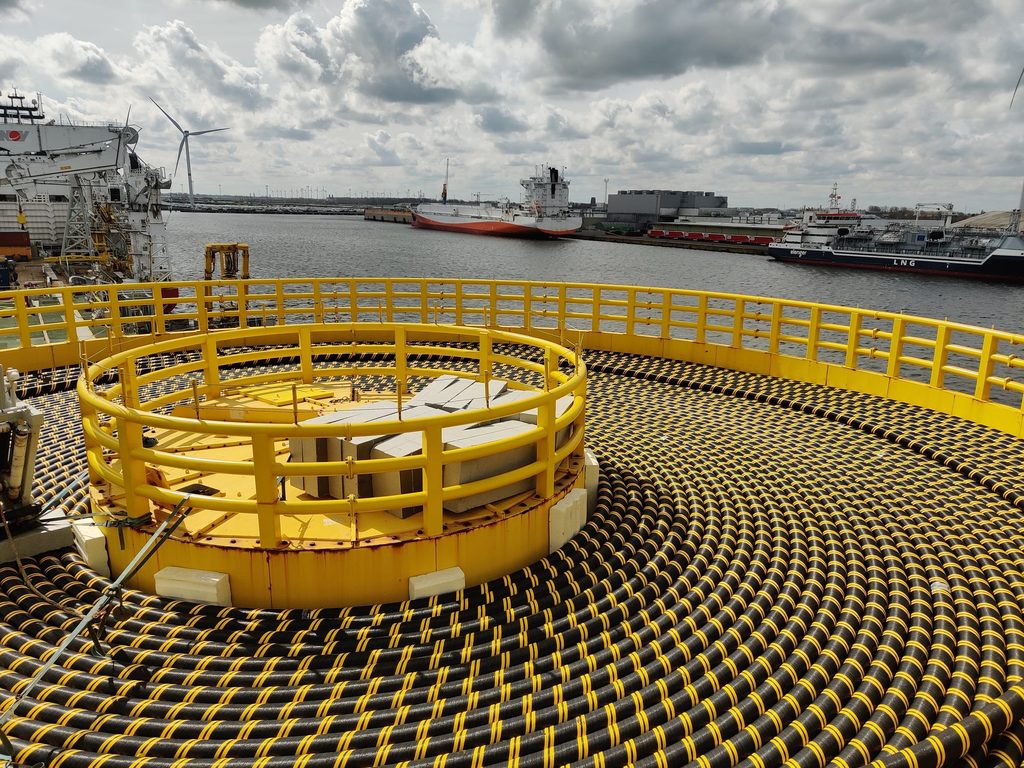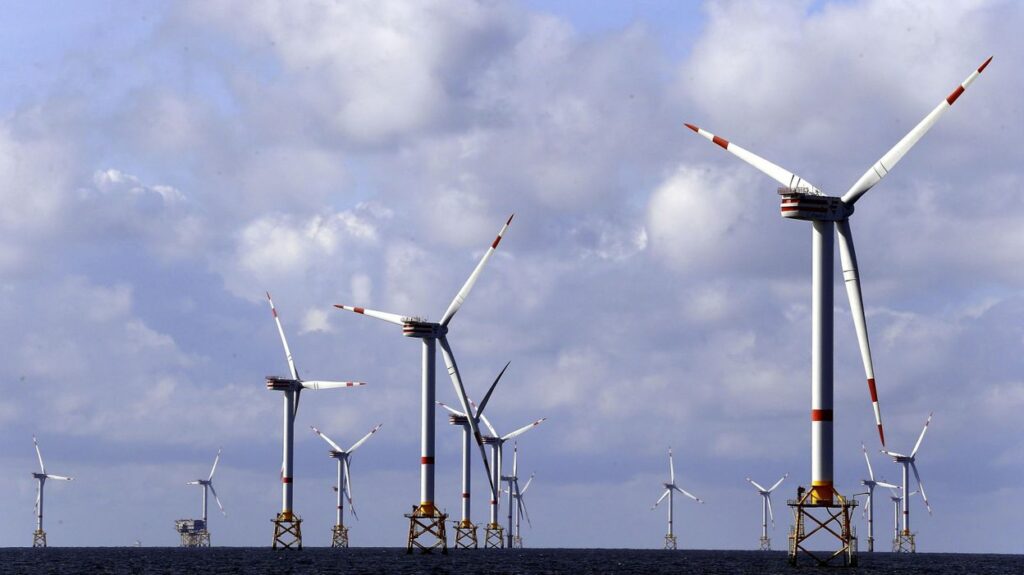In the report of its half-year results, Belgian high-voltage operator Elia has once again reiterated the importance of higher grid tariffs to fund infrastructure investments.
Last year's energy crisis hit households hard but the record cost of fossil fuels and the desire not to depend on Russian gas turbocharged renewable energies, kicking already expanding renewables — energy from wind, hydro, solar, soil, outdoor air heat and biomass – into "an extraordinary new phase of even faster growth," the International Energy Agency stated.
In Belgium, this was reflected in record amounts of solar and wind energy being produced. But the drive for renewables also highlighted the need to develop Belgium's energy grid, which is not yet capable of handling such high production, especially when consumption is low.
While global investments in clean energy technologies rise rapidly, funding in Belgium for infrastructure is still needed.
Keeping up with the momentum
In its report published on Wednesday, Elia argued that the energy transition is taking place "faster than expected." It pointed to wind farms and solar panels, which in May 2023 generated more electricity across the EU than fossil-fuel power plants for the first time in a single month.
It noted similar progress on the demand side, where electrification is spreading across the transmission, heating and industrial sectors.
But despite these welcome milestones, the grid operator said there is an urgent need for investment in infrastructure to meet the growing demand for electricity and to integrate renewables into the system. It calls for more financing to make these "huge infrastructure investments."
To make up the funding deficit, Elia asks for grid tariffs to be increased by 80% for the period 2024-2027 and is in discussions with federal energy regulator CREG. Negotiations are currently held up by concerns about potential impacts on consumer bills.

These vessels play a very important role in the energy transition, as they ensure that the renewable energy extracted at sea is brought ashore via cables. Credit: Belga / Maaike Tijssens
The operator acknowledged the lack of progress and stressed the long-term benefits for consumers, such as a drop in the wholesale price of electricity. It hopes for more decisive action in the autumn.
In Germany, where Elia operates the high-voltage grid in the northeast of the country through its subsidiary 50Hertz, things are changing. The federal regulator BNetzA favours a variable tariff and a constant risk premium for new investments, rather than the fixed return currently in place.
In Belgium, Elia sees the pre-tax rate of return rising from 5.07 to 7.09% in 2024 as "a first step" towards long-term investments.
"Ensuring adequate funding of capital investment in essential infrastructure is crucial to maintain the momentum of the energy transition and avoid any setbacks that could hinder our progress towards a sustainable future," the group concluded.
Related News
- Belgium must invest €10 billion in insulation to hit climate targets
- Electric car users to start paying at supermarket charging points
Elia earlier this year argued that it is important to get as many consumers as possible to participate in the market, notably through ecological investments such as heat pumps or switching to electric cars.
“A consumer-oriented market model should ensure that everyone can benefit from low or even negative prices. That way, people are financially rewarded when they consume electricity at times when there is a lot of renewable energy and also help keep the grid in balance."
In the first half of 2023 Elia invested €299.8 million in the Belgian grid and €521.5 million in the German grid. For the period, the group reported €1.89 billion in revenue (-3.2%) and a net profit of €162.5 million (+3.2%).

